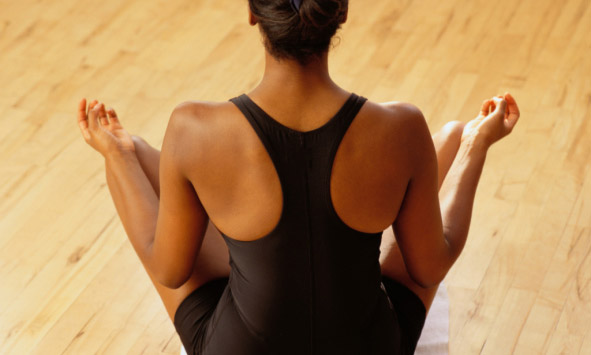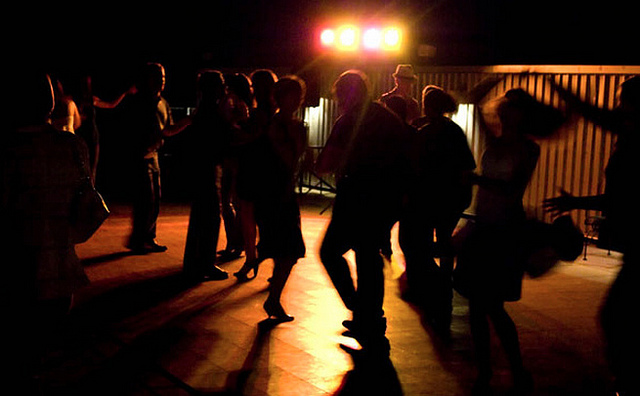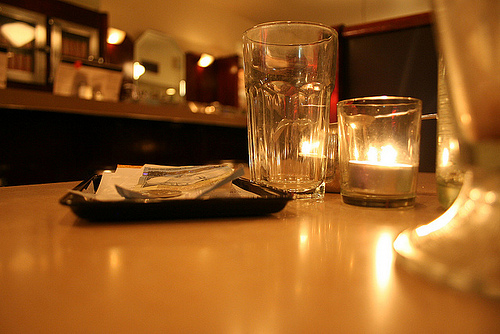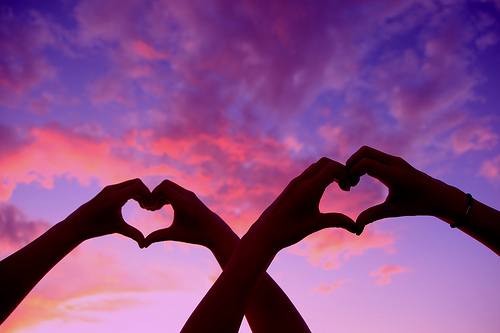Is the Self-Care Movement individualist or revolutionary? African culture prioritizes the welfare of the whole over the individual—perhaps too much so. But on the flipside, the individualism I’ve experienced in the US isn’t much better. Is balance between these two extremes even achievable?
-
Afrofeminism - Blog - Gender and LGBT Issues - Love and Afrofeminism - My Work - Self-Care and Self-Love - Special Series - Writing and Guest Blogging
-
Afrofeminism - Blog - Gender and LGBT Issues - Love and Afrofeminism - Special Series - The Political, Personalized - Writing and Guest Blogging
Love and Afrofeminism: Queer Bois and the Gendered Politics of Partner Dancing
Second post for my Love and Afrofeminism series for BITCH Magazine: "That my girl could mindlessly shimmy onto a dance floor even as a gay woman and enjoy the simple pleasure of a dance, go out with her straight friends to bars and not be stared at or called names,…
-
Love and Afrofeminism: Gender Roles and First Dates, Who Pays?
Every single time some "boi" makes a sexist joke about bringing in the bacon for "my woman" or a straight dude presumes to know who "wears the pants" in my relationship, or a waiter assumes I'm the one that's paying the bill (even after my femme partner asks for it),…
-
Love and Afrofeminism: Introducing a New Blog Series and #AfroFemLove Twitter Chat
Love is absolutely a feminist issue, a recurring theme in various parts of the political landscape. But we've grown so accustomed to framing our discussions and ideas for progress around everything but love—instead, facts, figures, statistics, issues, enlightement or problematicness—that I fear we've inadvertently distanced ourselves from the most important…
Online rulet oyunları gerçek zamanlı oynanır ve online slot casino bu deneyimi canlı yayınlarla destekler.
İnternet üzerinden eğlence bahsegel giriş arayanlar için deneyimi vazgeçilmezdir.
Kullanıcıların hesaplarına hızlı ve sorunsuz bettilt ulaşabilmesi için adresi her zaman güncel tutuluyor.



